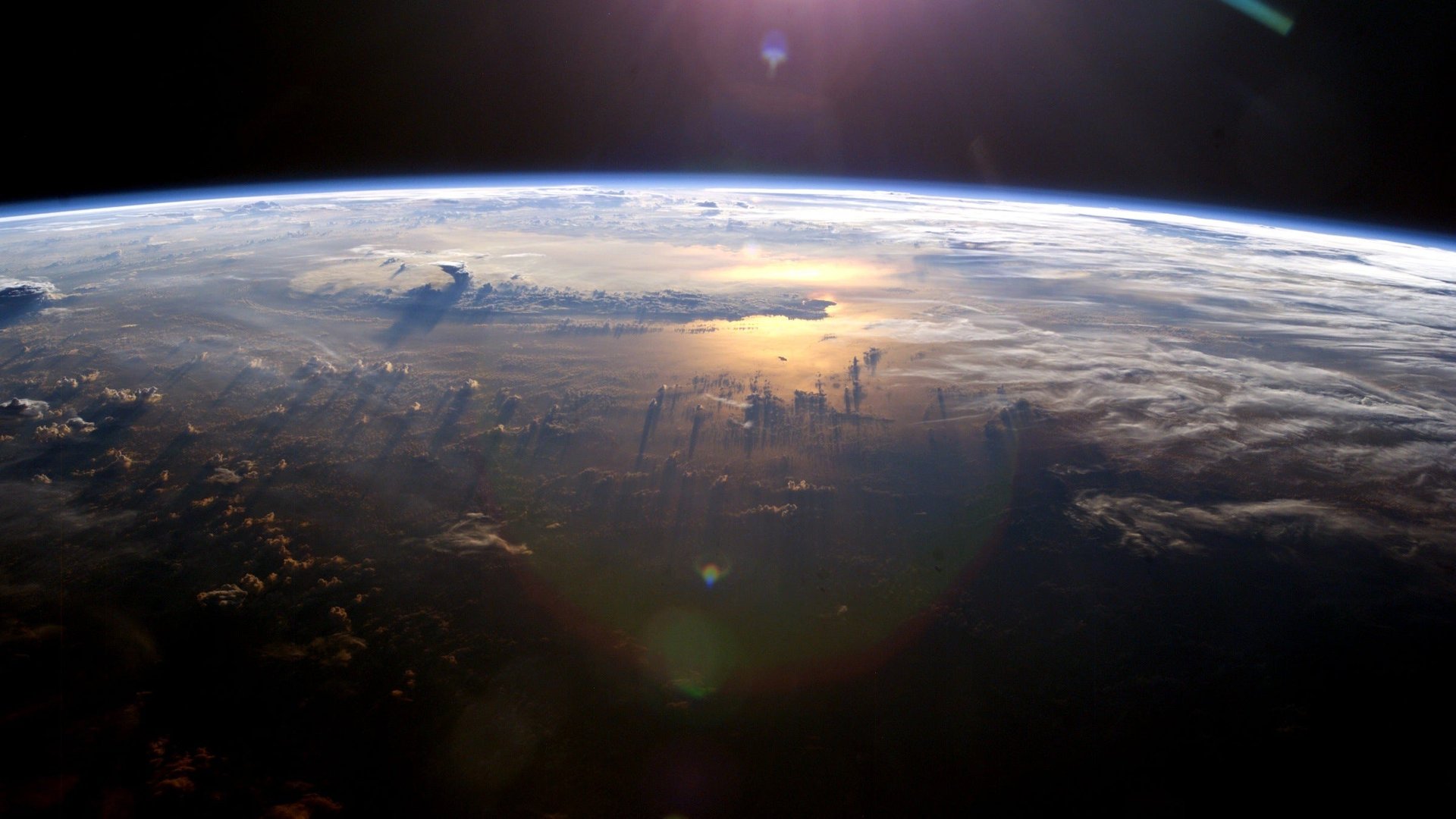How to fix the world
Rolling strikes are rocking Europe, the Middle East is in flames, levels of trust in institutions have never been lower, the fiscal cliff is coming, China and France’s economies are ticking time bombs, and above it all looms the ever-present specters of loose nukes, catastrophic climate change and, while we’re being comprehensive, planet-killing asteroids.


Rolling strikes are rocking Europe, the Middle East is in flames, levels of trust in institutions have never been lower, the fiscal cliff is coming, China and France’s economies are ticking time bombs, and above it all looms the ever-present specters of loose nukes, catastrophic climate change and, while we’re being comprehensive, planet-killing asteroids.
As in history’s many other troubled eras, it seems as if the world’s political and financial institutions are, if not totally broken, at least not quite up to the task. For those ready to despair, Umair Haque, the polarizing author of books about how to fix capitalism and a never-endless stream of gnomic tweets, has a message: All over the world, solutions exist. They are more than mere ideas. Many are already being implemented.
“We’re looking across the world at real world stuff countries are already doing,” says Haque. He’s rounded up examples of these innovations–from India’s green GDP measurement to Finland’s experiment in online direct democracy–in a new site called How To Fix the World.
Haque belongs to a class of people sometimes mocked on Twitter as “thinkfluencers”: voluble pundits with a penchant for inventing buzzwords and dressing up modest ideas in the language of big ambitions. Calling a website “How to fix the world” seems to play right into such mockery. “The URL is a little tongue in cheek,” admits Haque. His goal, he says, isn’t prescribing solutions. Rather, he’s out to prove that potentially radical experiments in transforming institutions, and not just policies, are already underway.
Here are a few examples:
India’s Green GDP. In 2005, India began work on an update of the most essential economic indicator there is–gross domestic product. Recognizing that GDP doesn’t account for either environmental wealth or social well-being, the country has proposed that by 2015 it will include both in its core account of the nation’s prosperity.
Finland’s Open Ministry. As of October 1, citizen proposals that receive over 50,000 digital signatures within 6 months will be voted on by Finland’s Parliament.
Canada’s Index of Wellbeing. In development since 1999, Canada’s first Index of Wellbeing was released in 2009. It includes living standards, education, leisure, health and other measures. The 2012 index found that Canadian’s well being has been declining since 2008, despite economic growth and a business-friendly climate.
America’s Benefit Corporations. Seven US states have created a class of corporation known as the Benefit Corporation, whose charters include a commitment to a public good as well as generating profits. By law, these companies are regularly audited by a third party in order to validate that they are fulfilling their mission, which could be anything from environmental restoration to education through employment.
China’s GDP quality index. Developed by the Chinese Academy of Sciences, this index measures “true wealth, sustainable development and social harmony of a country,” said Niu Wenyuan, editor of the report.
It’s easy to be cynical about such measures. Most seem aspirational, or at the least, untested. But Haque is undeterred. Next month, he’ll release an index that attempts to qualify how different countries are revising their political and financial institutions to cope with a world that is hot, flat and crowded, or however it is the thinkfluencers are describing it these days.
For example, in Haque’s calculus, a tax on carbon is a mere change in policy, while a green GDP measure has the power to change institutions. “What I think will happen towards the end of this decade is something like a Bretton Woods III, a redesign of global monetary system and financial architecture,” says Haque, referring to the negotiated reconstitution of the world’s economic system after World War II. “A lot of that will be based around real wealth and redefining progress and those sorts of things.”
As we’ve seen with failed attempts to negotiate, for example, global solutions to climate change, this is not necessarily a world order in which everyone will participate. “The question for me is, who is part a of it? Will it be led by Europe and the US, the EU and China, Brazil and China?” says Haque. “In America, maybe we never do it. There’s no iron law that says countries have to do this stuff, and maybe that will be our choice.”